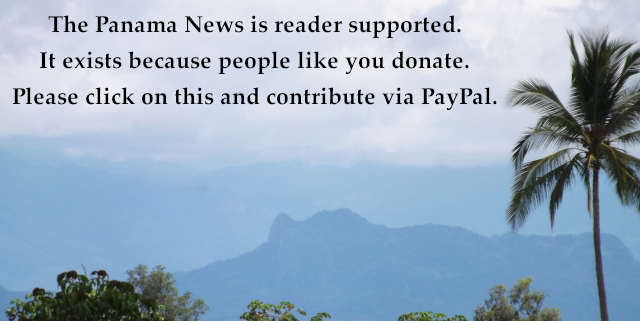The late writer Babara Ehrenreich was also a marijuana law reform activist – a board member of the National Organization for the Reform of Marijuana Laws (NORML). Of Biden’s move, anti-poverty activist Joe Sanberg said “This must be the first of many steps to ending our decades-long failed policies on marijuana.” Graphic by California NORML.
“Next up? Legalize It!” Advocates cheer Biden move to pardon marijuana convictions
by Brett Wilkins – Common Dreams
Reasserting that “no one should be in jail just for using or possessing marijuana,” US President Joe Biden said on Thursday that he is planning to issue an executive order pardoning everyone convicted of low-level marijuana possession, a move that drew applause from drug policy reform advocates.
“Sending people to jail for possessing marijuana has upended too many lives – for conduct that is legal in many states. That’s before you address the clear racial disparities around prosecution and conviction,” Biden — who as recently as 2019 called cannabis a “gateway drug” – tweeted. “Today, we begin to right these wrongs.”
“First: I’m pardoning all prior federal offenses of simple marijuana possession,” the president stated. “There are thousands of people who were previously convicted of simple possession who may be denied employment, housing, or educational opportunities as a result. My pardon will remove this burden.”
“Second: I’m calling on governors to pardon simple state marijuana possession offenses,” he continued. “Just as no one should be in a federal prison solely for possessing marijuana, no one should be in a local jail or state prison for that reason, either.”
“Third: We classify marijuana at the same level as heroin – and more serious than fentanyl. It makes no sense,” Biden asserted, adding that he’s asking US Health and Human Services Secretary Xavier Becerra and Attorney General Merrick Garland “to initiate the process of reviewing how marijuana is scheduled under federal law.”
According to the most recently available figures from the US Sentencing Commission, fewer than 100 people were federally sentenced for simple marijuana possession in 2017.
However, campaigners against the failed War on Drugs hailed the president’s announcement, with the consumer advocacy group Public Citizen tweeting, “This is huge.”
Erik Altieri, executive director of the National Organization for the Reform of Marijuana Laws (NORML), said in a statement that “many of the efforts taken and proposed by the president today are long overdue.”
“For nearly two years, NORML has called upon the administration to fulfill the president’s campaign promise to provide relief to those stigmatized with a low-level cannabis conviction,” he continued. “We are pleased that today President Biden is following through on this pledge and that he is also encouraging governors to take similar steps to ensure that the tens of millions of Americans with state-level convictions for past marijuana crimes can finally move forward with their lives.”
Moving forward, the administration must work collaboratively with congressional leadership to repeal America’s failed marijuana criminalization laws,” Altieri added. “Congress should be inspired by the administration’s actions today to act quickly and send legislation to the president’s desk that would help close this dark chapter of our history.”
Kassandra Frederique, executive director of the Drug Policy Alliance, said the advocacy group is “thrilled to see President Biden holding true to his commitment to pardon every person with simple marijuana charges at the federal level,” convictions that leave people “saddled with a criminal record, preventing them from obtaining employment, housing, and countless other opportunities.”
“We, however, hope that the Biden administration will go further and fully deschedule marijuana from the Controlled Substances Act (CSA), rather than initiate a process that could lead to rescheduling,” she continued.
“Keeping marijuana on the federal drug schedule will mean people will continue to face criminal charges for marijuana,” Frederique argued. “It also means that research will continue to be inhibited and state-level markets will be at odds with federal law.”
Editor’s note: In 1974 the editor was publicity director for the Ypsilanti Marijuana Initiative, which spearheaded a petition drive and campaign that successfully gave Ypsilanti, Michigan a $5 fine for marijuana. Years later in a more conservative time that was repealed, and a few years after that the city decriminalized pot again, before Michigan outright legalized it. At the time, and now, the editor argued against making claims that smoking the stuff is harmless, but instead argued that whatever further credible medical research might find, the law should make a distinction between a vice and a crime. Moreover, as many a jurisdiction has found, legalization and taxation saves money on the police and court expenses and brings in revenues to governments that need the money. Here in Panama, of course, the political agenda is different but ever more Latin American countries are moving toward legalization.
Contact us by email at fund4thepanamanews@gmail.com
To fend off hackers, organized trolls and other online vandalism, our website comments feature is switched off. Instead, come to our Facebook page to join in the discussion.
These links are interactive — click on the boxes












